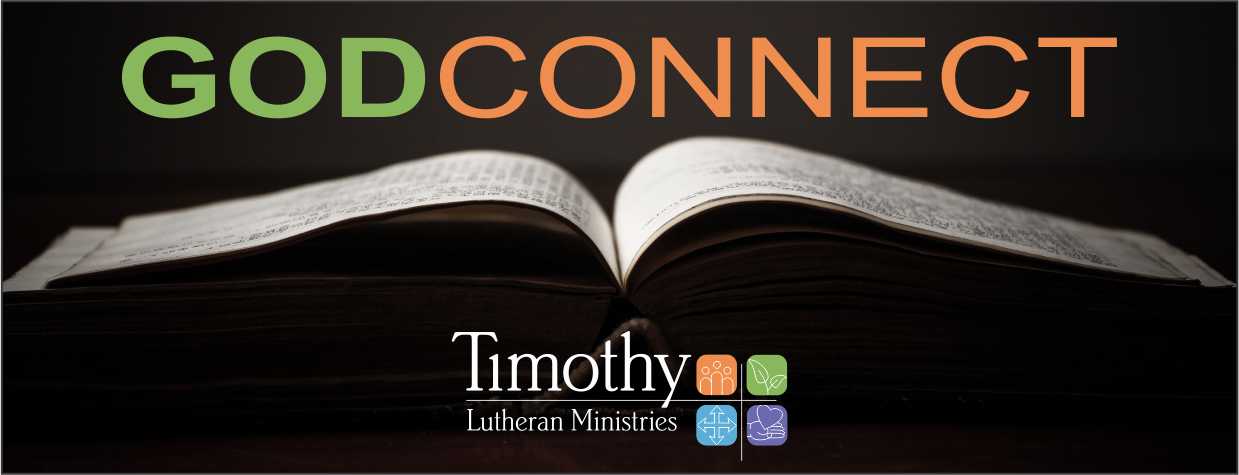John 13:1-11| It was just before the Passover Festival. Jesus knew that the hour had come for him to leave this world and go to the Father. Having loved his own who were in the world, he loved them to the end. The evening meal was in progress, and the devil had already prompted Judas, the son of Simon Iscariot, to betray Jesus. Jesus knew that the Father had put all things under his power, and that he had come from God and was returning to God; so he got up from the meal, took off his outer clothing, and wrapped a towel around his waist. After that, he poured water into a basin and began to wash his disciples’ feet, drying them with the towel that was wrapped around him. He came to Simon Peter, who said to him, “Lord, are you going to wash my feet?” Jesus replied, “You do not realize now what I am doing, but later you will understand.” “No,” said Peter, “you shall never wash my feet.” Jesus answered, “Unless I wash you, you have no part with me.” “Then, Lord,” Simon Peter replied, “not just my feet but my hands and my head as well!” Jesus answered, “Those who have had a bath need only to wash their feet; their whole body is clean. And you are clean, though not every one of you.” For he knew who was going to betray him, and that was why he said not everyone was clean.
During the Easter season, my wife and I attended a church service where the people tried to model the events that Jesus and His disciples experienced on the night before He was crucified. As part of the service, the church staff members washed the feet of some of the church volunteers. As I watched, I wondered which was more humbling in our day—to wash another person’s feet or to have someone else wash yours. Both those who were serving and those being served were presenting distinct pictures of humility.
When Jesus and His disciples gathered for the Last Supper (John 13:1–20), Jesus, in humble servanthood, washed His disciples’ feet. But Simon Peter resisted, saying, “You will never ever wash my feet!” Then Jesus answered, “Unless I wash you, you won’t belong to me” (13:8). Washing their feet was not a mere ritual. It could also be seen as a picture of our need of Christ’s cleansing—a cleansing that will never be realized unless we are willing to be humble before the Savior. James wrote, “God opposes the proud but gives grace to the humble” (James 4:6). We receive God’s grace when we acknowledge the greatness of God, who humbled Himself at the cross (Philippians 2:5–11).
—Bill Crowder The most powerful position on earth is kneeling before the Lord of the universe.

